CNC machining materials are essential for making precision parts in any industry and require special care and attention to ensure a quality finished product. Different materials have different properties and characteristics, and selecting the right CNC machining materials is critical to the success of your project. The wrong choice can lead to inferior results or even damage to your equipment.
There are many types of CNC machining materials, and they can be machined using a variety of methods, including turning, milling, and drilling. In this article, we’ll talk about what factors to consider to choose the right materials and the commonly used materials.
Factors to Consider When Choosing CNC Machining Materials
The choice of materials used for CNC machining will depend on the desired product specifications and application. When it comes to selecting CNC machining materials, there are several factors to consider.
– Product Application: It is one of the most essential and foremost considerations in selecting material for the CNC manufacturing process. Different applications require different CNC Machining materials. For example, for outdoor applications, materials such as stainless steel, aluminum, and titanium are often better suited.
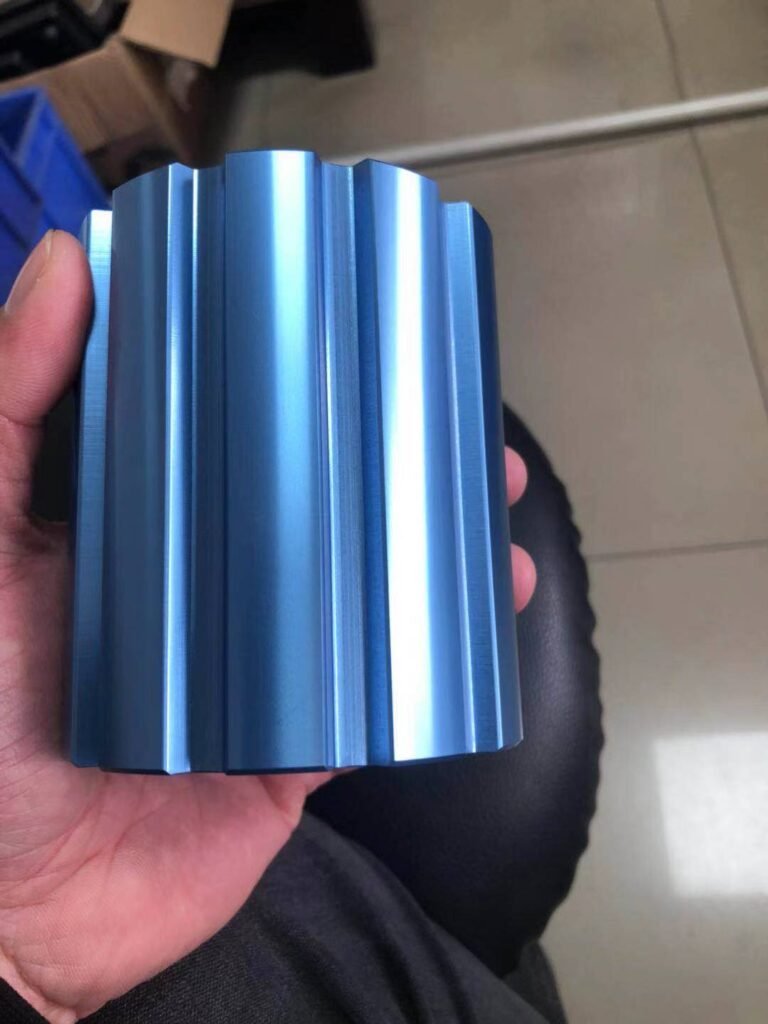
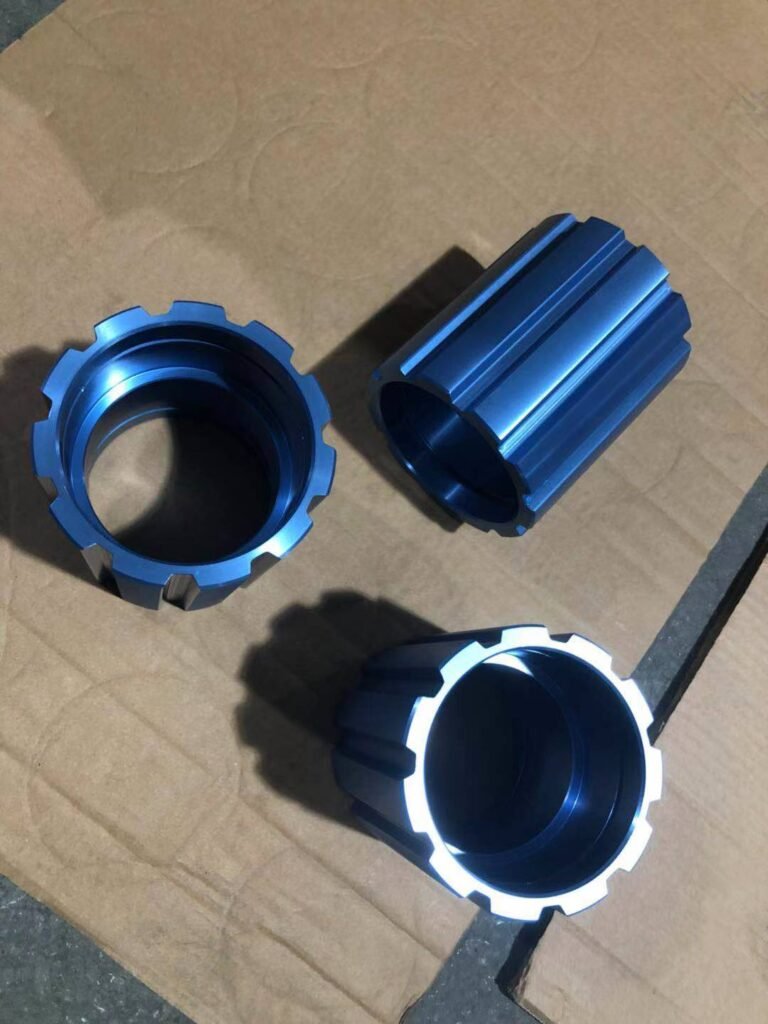
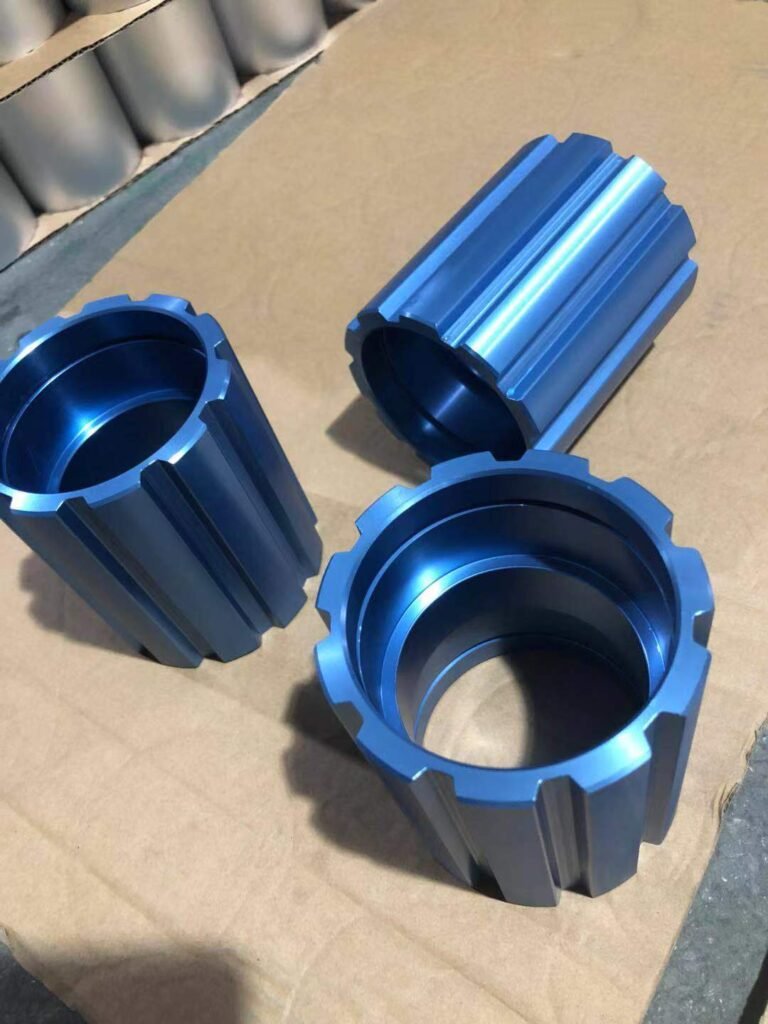
– Dimensional Stability and Tolerance: It is important to consider the dimensional stability and tolerance of materials. Some materials are more stable than others and can better withstand changes in the environment such as temperature, pressure, or humidity. In the medical and aerospace industry, they require components with extremely precise dimensions.
– Corrosion Resistance: This is a critical factor to consider, especially for parts that will be exposed to moisture or harsh chemicals. Materials such as stainless steel and titanium are good choices due to their excellent corrosion resistance.
– Cost: The price of the material should also be taken into account when selecting CNC machining materials. Generally, lower-cost materials like aluminum, steel, brass, and plastic are preferred for simple parts while more expensive materials such as titanium or stainless steel may be necessary for more complex parts.
– Surface Finish: The surface finish of your CNC machined product is important for both aesthetic and functional reasons. A smooth, high-quality finish is often required for products that will be visible to consumers. In contrast, a rougher finish may be acceptable for parts that are hidden from view.
– Electrical Conductivity: Materials such as copper and brass are better conductors of electricity than some other metals like aluminum. Generally speaking, metals are usually good conductors of electricity, while plastics are normally good insulators.
– Machinability: When you need to produce a part in large quantities or batches, it is more suitable to choose materials with easy machinability to reduce time and cost. Materials like aluminum, brass, and carbon steel are popular choices for their ease of machinability.
– Strength: For projects that require strong and durable components, materials like steel or titanium are usually the best choice.
– Weight: In some applications, lighter materials are a better option. Aluminum and titanium alloys generally have the lowest density among metals, making them ideal for components that will be used in aircraft or other vehicles where weight is an important factor.
– Temperature Resistance: The temperature resistance of a material is also an important factor to consider. Materials such as stainless steel and titanium have higher melting points than aluminum, making them more suitable for applications involving high temperatures.
Common CNC Machining Materials
There is a wide range of materials available for CNC machining, including metals, plastics, and composites. The most commonly used materials include:
– Aluminum: Aluminum is the most general-purpose grade of metal because it has a wide range of uses. It is lightweight, strong, and corrosion-resistant. It can be used for construction, manufacturing, automotive, and aerospace applications.
– Steel: Steel is one of the most popular CNC machining materials due to its strength and durability. It is available in various grades, including carbon steel and stainless steel. It can be used for parts requiring high wear resistance and resilience. It’s often used in heavy industry applications such as automotive or agricultural equipment.
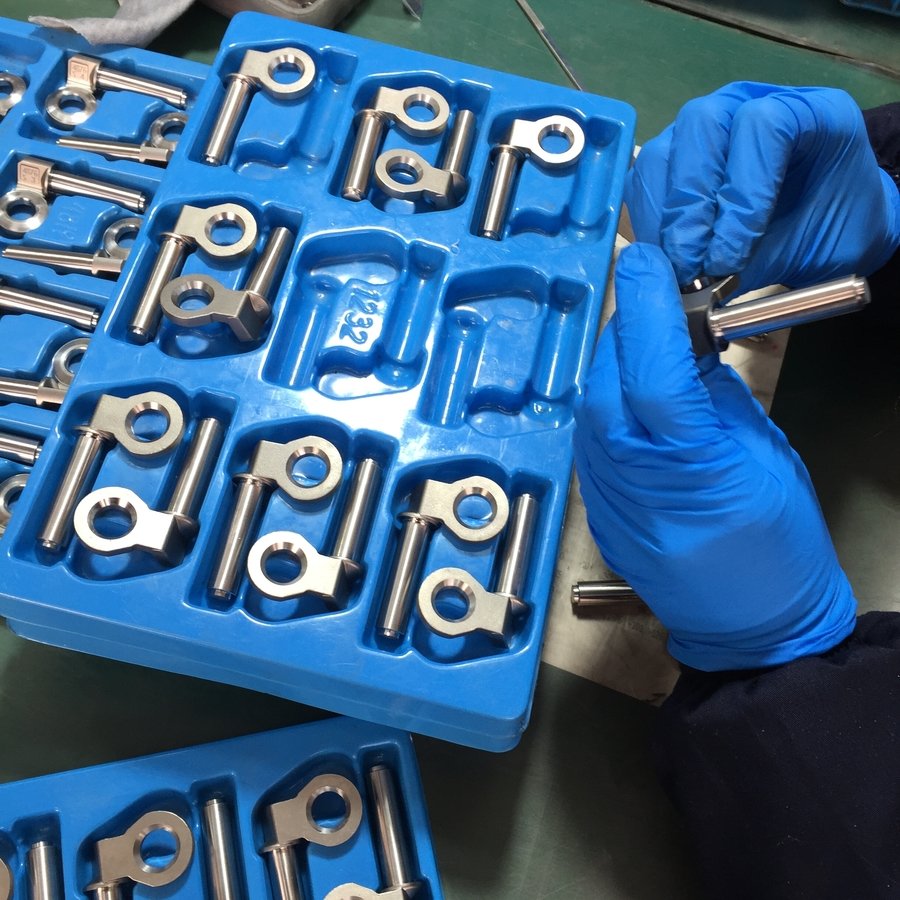

– Stainless steel: Stainless steel is a popular choice for parts requiring corrosion resistance. It is available in various grades and can be used for a variety of applications from cookware to surgical instruments.
– Titanium: Titanium offers superior strength and corrosion resistance compared to other materials. It is also lightweight and non-magnetic. It’s often used in aerospace, automotive, medical, and marine applications.
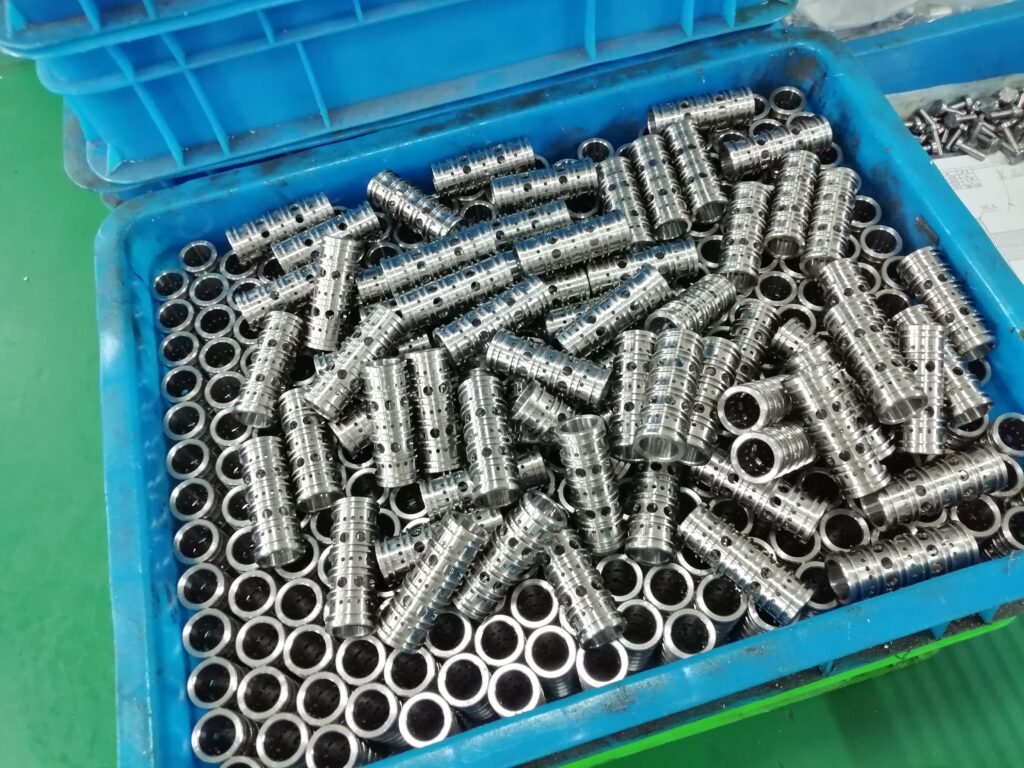
– Brass: Brass is a soft metal that is both malleable and ductile, making it ideal for intricate parts. It has good wear resistance and corrosion resistance. Brass is commonly used in applications where corrosion resistance and low friction are required, such as pivots, locks, gears, ammo casings, headings, zippers, couplings, plumbing, hose, valves, and electrical plugs and sockets.
– Copper: Copper is a soft metal with excellent electrical and thermal conductivity. It is often used for connectors, wiring, and heat sinks.
– Cast iron: Cast iron is a strong, rigid material that is well suited for parts requiring high wear resistance. It can be machined to very tight tolerances and provides good surface finish. It’s often used in automotive applications such as engine blocks, cylinder heads, and transmission components.
– Bronze: Bronze is a mixture of copper and tin. It has excellent wear resistance, good thermal and electrical conductivity, and high corrosion resistance. Common applications include bearings, gaskets, valve components, and pump bodies.
– Plastics: Plastics are popular choices for CNC machining due to their low cost, lightweight, and good strength. They are available in a wide range of colors and grades. Common plastics used for CNC machining include ABS, PP, PE, nylon, polypropylene, Teflon, acrylics, and PEEK.
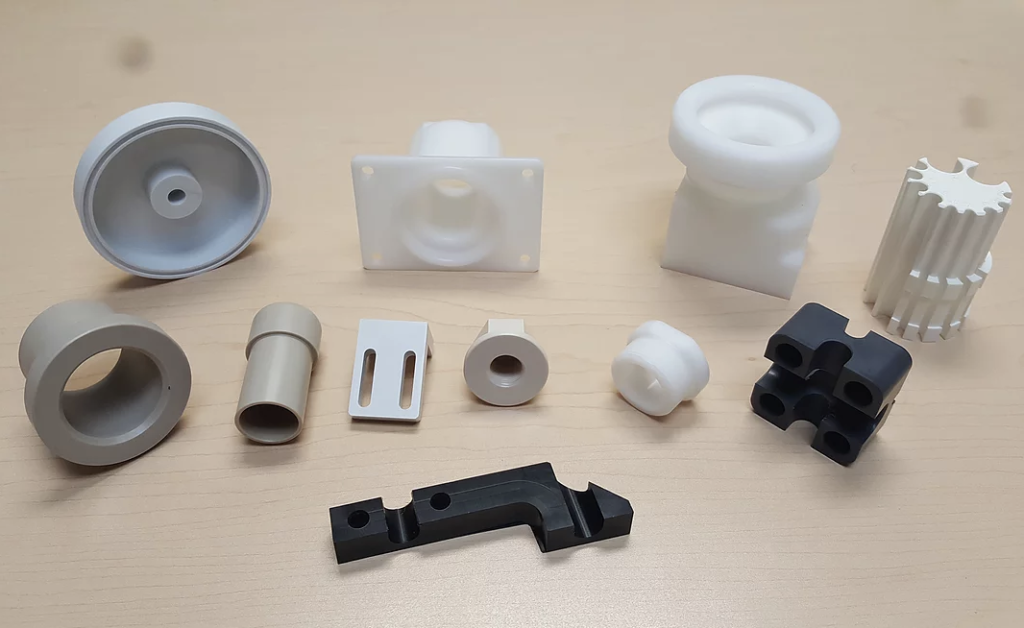
ABS is a popular choice for its strength, rigidity, and durability. It is often used in industrial applications such as automotive parts, medical equipment, and casings.
Polypropylene (PP) is another common plastic that has excellent chemical resistance, making it ideal for use in food-grade containers and housings.
PVC is a versatile, affordable plastic that is often used for plumbing fixtures and electrical enclosures.
Teflon is a highly durable material that has excellent thermal and chemical resistance. It is often used in automotive, aerospace, and medical applications.
Nylon and polycarbonate are two other plastics used for CNC machining. Nylon is strong and wear-resistant, It’s often used in automotive and engineering applications such as gears, bearings, bushings, and washers. While polycarbonate offers good impact strength. Both materials are often used in consumer products.
No matter what type of material you need to use in your project, selecting the right CNC machining materials can help ensure that your product performs well and adheres to safety regulations. With a little research, you can determine the best material for your application. It is also important to work with a CNC machining partner that has the expertise and experience necessary to process the materials correctly. With the right tools, they will be able to deliver high-quality products that meet your exact specifications.
Tips for working with CNC Machining Partners
– Take enough time to find a CNC machining partner with experience in your industry: It’s important to work with a company that is familiar with the materials and processes you need. Ask for samples of their previous work, talk to other customers, and do your own research on their reputation.
– Ask questions about the machining process and materials: Make sure to ask questions about the specific processes involved in CNC machining, such as how the material will be cut and what type of tools will be used. You should also get an understanding of the exact material grades that are available and their performance characteristics.
– Make sure your CNC machining partner has adequate quality control processes in place: Quality control is a critical component of any machining project. Make sure your CNC machining partner has the systems and processes needed to ensure that all parts are produced to meet your exact specifications. This includes inspecting materials, conducting tests, and verifying measurements.
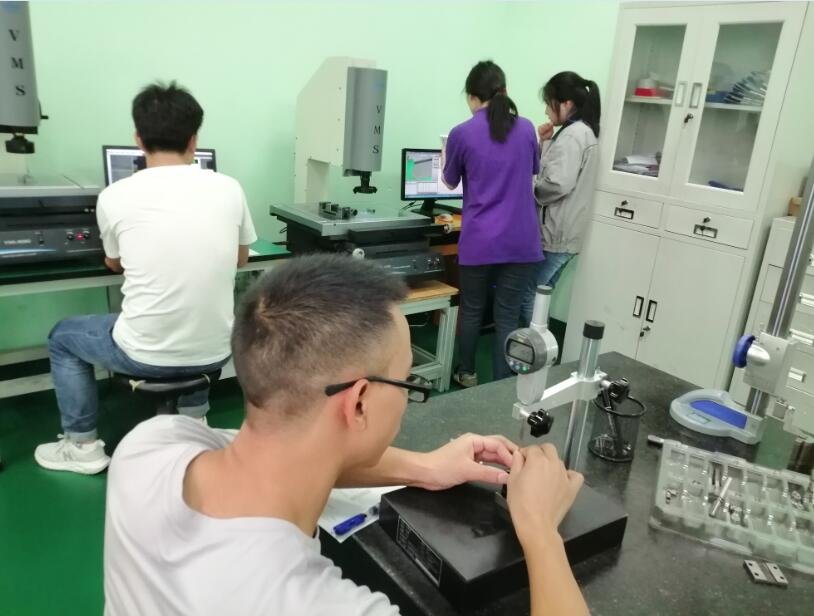
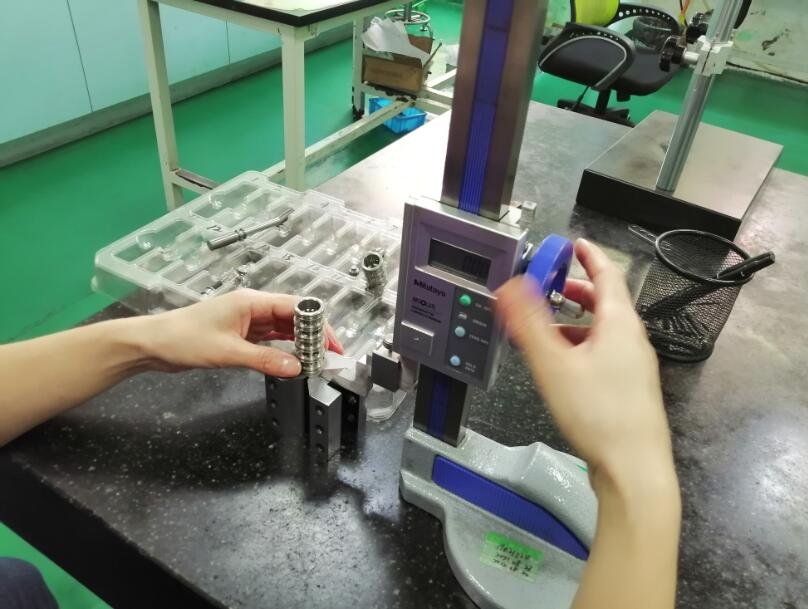
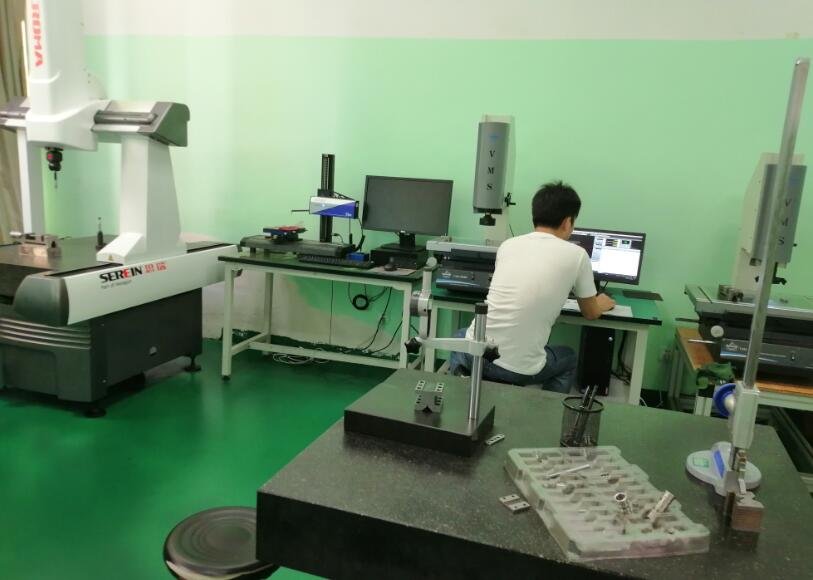
– Request timely communication: Effective communication is key to ensuring that your project runs smoothly. Make sure to discuss the frequency of communications with your CNC machining partner before beginning any work so that you can be informed when there are any changes or updates.
Conclusion
CNC machining is a complex process that requires careful planning and the right materials to ensure success. When selecting CNC machining materials, it’s important to consider factors such as strength, durability, electrical and thermal conductivity, corrosion resistance, and more. It’s also essential to work with a CNC machining partner that has the experience and quality control processes in place to meet your exact requirements. With the right materials and partners, you can create high-quality products that meet all safety regulations.
Shanghai Elue is the right CNC machining partner for you. We have decades of experience in precision CNC machining and a commitment to quality control that ensures all parts are produced to meet your exact specifications. Contact us today to learn more about how we can help with your next project.

